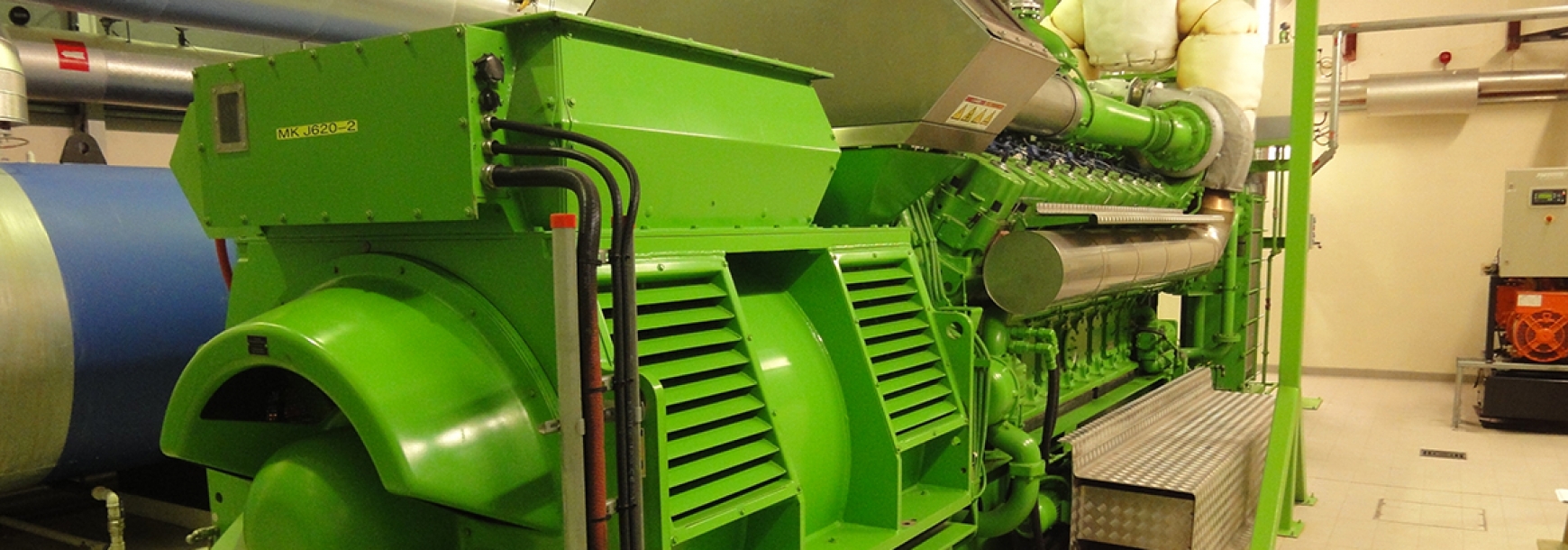Proposals being considered by OFGEM may significantly reduce TRIAD income for embedded generators (EG). Bearing in mind that it can be worth £40,000-£60,000 p.a. for every 1MW of generation capacity, this could be quite a financial blow.
What is an embedded generator (EG)?
EG are typically <50MW and connected to their local Distribution Network. Examples from our customer base, that may be affected, are:
- Connected to ‘the grid’ at up to 33,000 Volts.
- Natural gas fuelled Combined Heat and Power (CHP).
- Anaerobic Digesters – focussed on electricity generation (not gas to grid).
- Wind turbines.
- Biomass CHP.
What is driving these proposals?
In a (very small) nutshell:
- Larger generators, connected directly to the National Grid (not via the Distribution Network), are not paid a TRIAD income and say that it is ‘unfair’ and that they cannot compete. This is one of the reasons they are not building big new power stations.
- OFGEM have bought into this from the point of view that electricity consumers may be paying too much for electricity as a result.
What might the changes look like?
There isn’t much detail on this at the moment. One suggestion is that EG should only be allowed to either earn TRIAD income OR hold a Capacity Market contract, but not both. OFGEM are also considering whether only applying the changes to new EG would be appropriate.
What next?
As always there are competing views and the embedded generation industry, led by The Association for Decentralised Energy in particular, have commissioned reports saying ‘leave well alone’ (well they would, wouldn’t they?).
But don’t get me wrong, I agree with them.
For natural gas CHP in particular, which benefits very little in the way of financial support in return for the environmental benefits it delivers (up to 90% total efficiency vs. a power station at 40%), TRIAD income is an important part of the financial equation.
On a positive note (well, sort of), OFGEM do seem to recognise the need to ‘move quickly’, and have requested stakeholder views by Friday 23rd September 2016. You can send your response to Dena Barasi ([email protected]) or Andrew Self ([email protected]).
However, we don’t yet know when we will see a final decision.
OFGEM have a continuous stream of changes/ proposals under consideration, many of which come to nothing. Whether this does remains to be seen.
Yet more uncertainty for electricity generation in the UK! Think I might go and buy some candles on the way home tonight.


